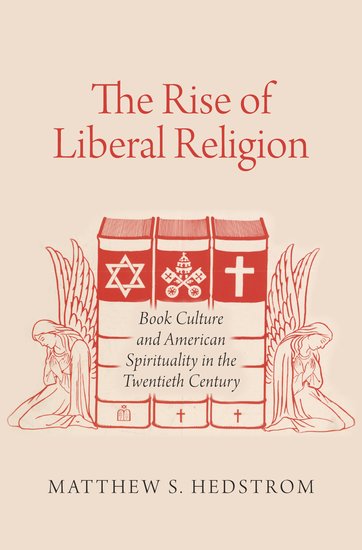In 1904 the Quaker mystic and philosopher Rufus Jones published Social Law in the Spiritual World with a grand ambition. “The cure for skepticism,” Jones declared at the outset, “is always deeper knowledge,” and with this book he sought to bring deeper knowledge to a new generation of modern skeptics. Like many intellectuals of his day, Jones knew firsthand the struggle of the modern believer, as he had grappled first with Darwinian evolution and then with the even more unsettling theories of modern psychology. “There are few crises to compare,” he noted, based on this experience, “with that which appears when the simple, childhood religion, imbibed at mother’s knee and absorbed from early home and church environment, comes into collision with a scientific, solidly reasoned system.” Yet Jones had emerged from this collision of ideas with a deep sense of divine presence intact. The Varieties of Religious Experience, the landmark study from the Harvard psychologist and philosopher William James published two years earlier, had greatly excited Jones—it too had been the product of a profound spiritual crisis engendered by modern thought—yet Jones found James’s work too intellectual to inspire or comfort ordinary Americans. He wrote Social Law to meet this need. “The trouble with many of the best works on these themes,” Jones declared, “is that they are too learned and technical to help the wayfaring man who wants to get the newer insight and who yet cannot find any way to get into the onward moving current. This present book is an attempt to help such persons.”
Social Law was both a skillful reinterpretation of James by a practicing mystic and a bridge between James and the popular inspirational writers of the twentieth century. Though Social Law never reached a wide audience, its grand religious project succeeded better than Rufus Jones could ever have imagined. The liberal approaches to religion found in James and Jones—intellectually engaged, psychologically oriented, and focused on personal experience—characterized large swaths of middle-class spiritual life by the middle of the twentieth century.
I argue that this popularization of religious liberalism happened largely in and through books. Jones’s understanding in Social Law that modern religion required modern books in order to reach “the wayfaring man” was prescient: books and book culture were integral to the rise of liberal religion in the twentieth century. In order to succeed at all, the liberal project of renovating religion in light of modern knowledge had to succeed in the marketplace of print. And, by and large, it did.
